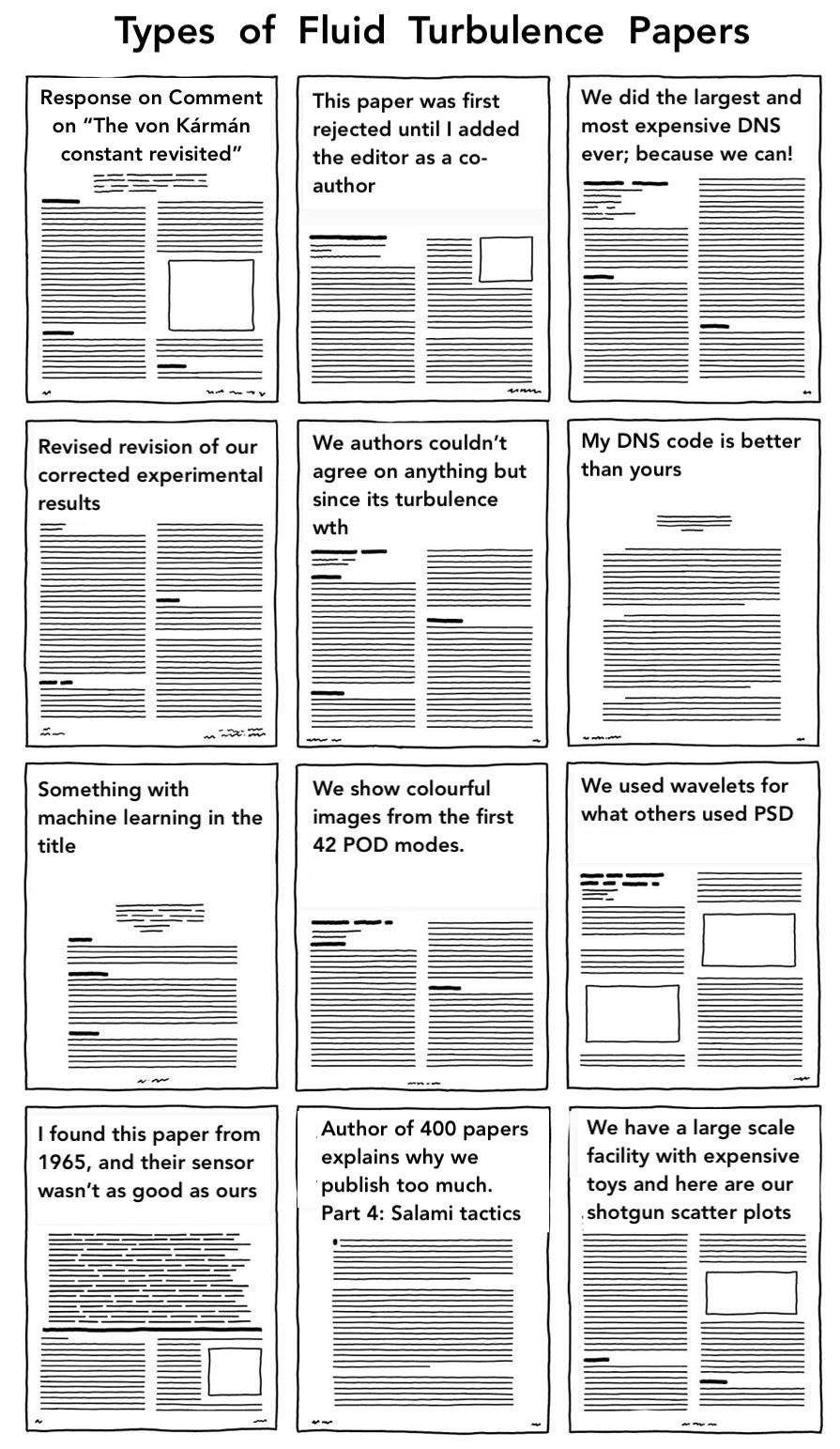🎙️A Low-Code Approach in Mechanical Engineering - Mike Grau
💧Machine Learning for Fluid Mechanics: Analysis, Modeling, Control and Closures
This is the second lecture series dedicated to machine learning for fluid mechanics. The course is hosted by the Université libre de Bruxelles (ULB) from 29 January to 02 February 2024.
The lecture series is co-organized by Miguel A. Mendez from the von Karman Institute (Belgium), Alessandro Parente from the Université libre de Bruxelles (Belgium), Andrea Ianiro from Universidad Carlos III de Madrid (Spain), Bernd R. Noack from Harbin Institute of Technology, Shenzhen (China) and TU Berlin (Germany) and Steven L. Brunton from University of Washington (US).
💦 CFD Python: 12 steps to Navier-Stokes
This post describes the first practical module of Prof. Barba's Computational Fluid Dynamics class taught between 2010 and 2013 at Boston University. The module is called "12 steps to Navier-Stokes equations".
🧠 AI Helps Predict and Sketch Computer-Aided Design Models
Parametric computer-aided design (CAD) is the dominant paradigm in mechanical engineering for physical design. Distinguished by relational geometry, parametric CAD models begin as two-dimensional sketches consisting of geometric primitives (e.g., line segments, arcs) and explicit constraints between them (e.g., coincidence, perpendicularity) that form the basis for three-dimensional construction operations. Training machine learning models to reason about and synthesize parametric CAD designs has the potential to reduce design time and enable new design workflows.
🧠 Learning governing physics from output only measurements
Extracting governing physics from data is a key challenge in many areas of science and technology. The existing techniques for equations discovery are dependent on both input and state measurements; however, in practice, we only have access to the output measurements only. We here propose a novel framework for learning governing physics of dynamical system from output only measurements; this essentially transfers the physics discovery problem from the deterministic to the stochastic domain.
The results obtained indicate the potential of the proposed approach in identifying governing physics from output only measurement.
💻 Engineering Tool of the Week – Code-Aster
Code-Aster is a free FEA program that offers structural analysis and thermodynamic analysis. Their documentation shows a very large list of nonlinear analysis capabilities, including internal coupling analysis, mechanical, thermal loadings, dynamics (modal analysis, linear transient response, etc.), thermal analysis, and much more.
📚Book of the Week
Turbulence: The Legacy of A. N. Kolmogorov
This textbook presents a modern account of turbulence, one of the greatest challenges in physics. The state-of-the-art is put into historical perspective five centuries after the first studies of Leonardo and half a century after the first attempt by A. N. Kolmogorov to predict the properties of flow at very high Reynolds numbers. Such 'fully developed turbulence' is ubiquitous in both cosmical and natural environments, in engineering applications and in everyday life.
The intended readership for the book ranges from first-year graduate students in mathematics, physics, astrophysics, geosciences and engineering, to professional scientists and engineers. Elementary presentations of dynamical systems ideas, of probabilistic methods (including the theory of large deviations) and of fractal geometry make this a self-contained textbook.
🙃 Meme of the Week
“My DNS code is better than yours.”
Work With Us
❤️ Support the Blog & Newsletter
Let’s connect on Twitter, Instagram or LinkedIn!
For any business-related issues or collaborations, email me at support@jousefmurad.com!
Keep engineering your mind! 🧠
Jousef









